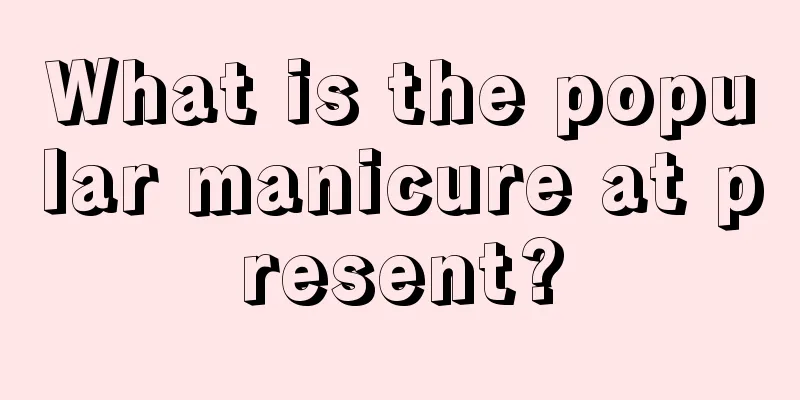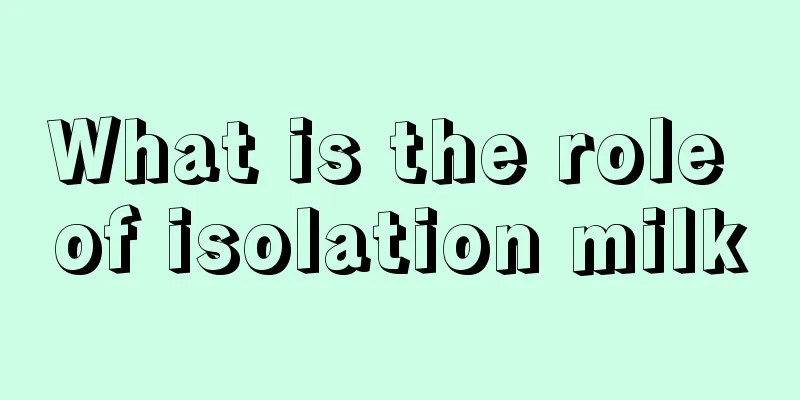What are the hazards of genetically modified rice

|
Genetically modified rice is currently a serious threat to our country, and there are many areas where people still eat genetically modified rice every day, so it poses a serious threat to the body. Many users who often eat genetically modified rice want to fully understand the hazards of genetically modified rice. The following content provides a specific answer so that you can have a comprehensive understanding. (1) BT can be expressed in green tissues but not in embryo and endosperm. In other words, there is no BT protein in rice. Only found in leaves and rhizomes. The following is an analysis of the possible risks of eating rice leaves and rhizomes. All added husks and bran have the potential to ingest BT protein. (2) The toxicity of BT protein to insect cells may not be specific. Experiments have shown that BT protein can not only dissolve the intestinal cells of insect animals, but also dissolve the phospholipid bilayers of non-insect cell origin, and can bind to the intestinal mucosal cells of mammals. Therefore, at high concentrations, it may be toxic to mammals. (3) BT protein can accumulate in the human body, and its long-term toxicity cannot be underestimated. Although the LD50 of BT protein for mice is 20g/KG, its accumulation coefficient is greater than 6.24. Long-term intake can cause cavitation of liver and kidney cells, degeneration of renal vascular epithelial cells, and other liver and kidney function damages. (4) BT protein inhibits the body's immune and hematopoietic functions. Animal experiments have shown that long-term and excessive intake of BT protein can cause a decrease in red blood cells and hematopoiesis, as well as a decrease in the number of white blood cells. Animal experiments also showed that mice that ingested BT protein showed obvious atrophy of their immune organs such as the spleen and thymus, and a significant decrease in the proliferation ability of T cells. (5) BT protein has the potential to cause autoimmune diseases. Animal experiments have confirmed that BT protein can stimulate the body to produce a specific immune response and produce antibodies against BT protein. These antibodies may recognize BT proteins that accumulate on the surface of autologous cells (such as glomerular cells), leading to autoimmune diseases such as hemolytic anemia and renal inflammation. At the same time, the BT protein present in the body can also form circulating antigen-antibody complexes with these antibodies, leading to nephritis or other autoimmune diseases (such as lupus erythematosus and rheumatoid arthritis, etc.). (6) BT protein can cause hypersensitivity reactions. Studies have shown that BT protein can cause the body to produce IgE-specific antibodies, thereby triggering type I hypersensitivity reactions, leading to urticaria and asthma attacks, etc. The above is a comprehensive introduction to the hazards of genetically modified rice. Therefore, for children who often eat genetically modified rice, they should have a comprehensive understanding of the above content and understand the hazards. After a comprehensive understanding, in order to protect their own health, they should stop eating genetically modified rice as soon as possible to protect their own health. |
<<: What to do if you get angry in summer
>>: Is head MRI harmful to the human body?
Recommend
Can I get pregnant with multiple fibroids of the breast? Can I get pregnant?
Women with multiple breast fibroids can get pregn...
Is it normal for the urethra opening to be black?
Diseases of the urethra are a type of disease tha...
What to do if you are stung by a black bee
Bees are poisonous animals. If you are not treate...
How long can you live with lymphoma?
How long can you live with lymphoma? 1. Lymphoma ...
How to prevent lung cancer better To prevent lung cancer, you need to master these common sense
There are many reasons for lung cancer. For peopl...
How to choose a bra
Girls cannot live without bras since they start t...
The difference between green radish and white radish
The difference between green radish and white rad...
Is it serious if hemorrhoids bleed?
The phenomenon of implantation bleeding is very p...
What should we pay attention to after cupping
In fact, many people like to try cupping when the...
What should I do if I have scalp folliculitis? Is folliculitis easy to cure?
Folliculitis is a common disease that occurs on t...
Natural Ways to Make Your Eyes Bigger
Girls with big eyes look very beautiful. So many ...
What are some tips for cleaning your range hood?
The thing people fear most when cooking in the ki...
Introducing the key points of preventing female breast cancer
The causes of breast cancer are relatively comple...
There is a hard lump behind my ear that looks like a bone. What's going on?
The ear is a relatively important organ in the hu...
Traditional Chinese medicine formula for treating bone cancer
What are the Chinese medicine formulas for treati...









